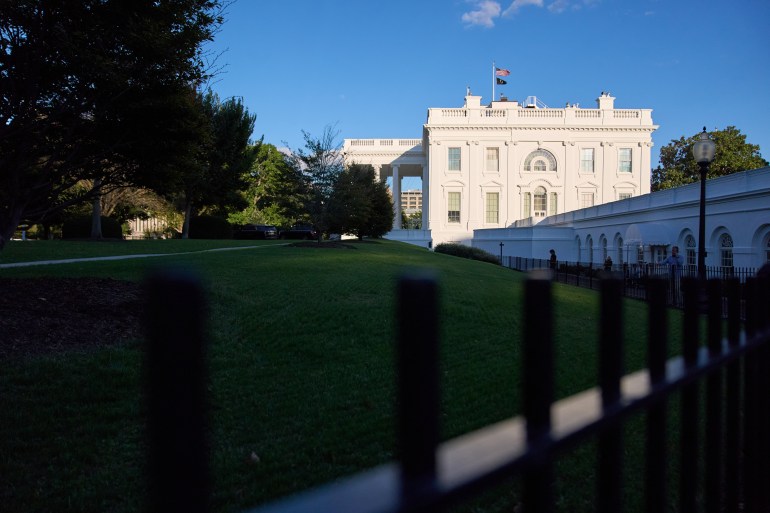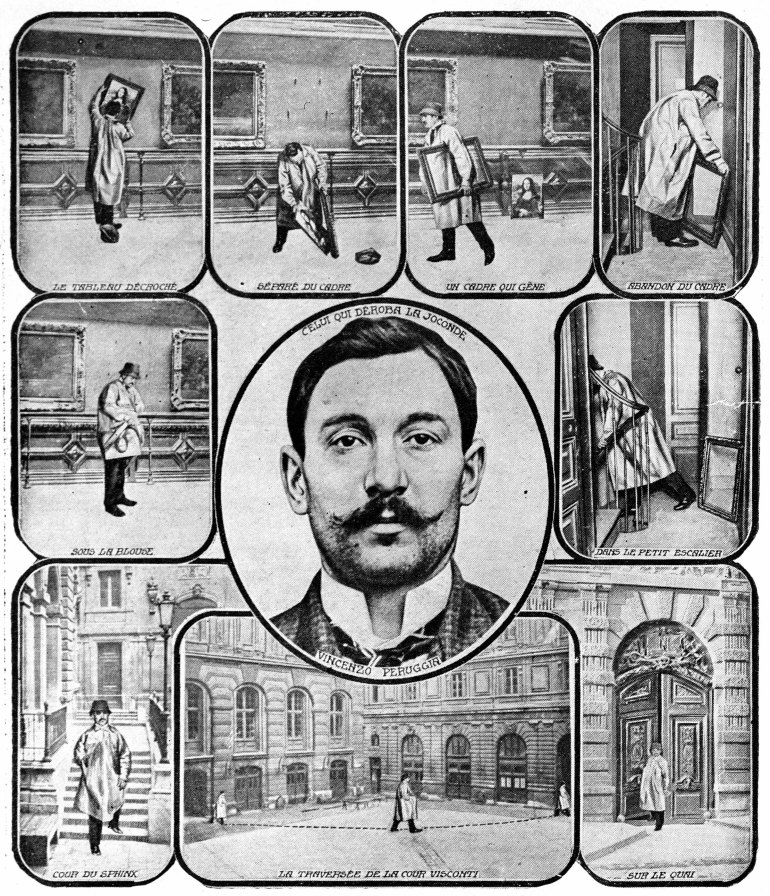United States Health and Human Services Secretary Robert F Kennedy Jr claimed on October 9 that there may be a link between autism and circumcision. However, experts say his claims are not based on rigorous and robust research.
“There’s two studies that show children who are circumcised early have double the rate of autism, and it’s highly likely because they’re given Tylenol,” said Kennedy, who, like President Donald Trump, cited shaky research about the drug and autism when warning pregnant women against taking the acetaminophen.
Recommended Stories
list of 3 itemsend of list
Circumcisionis the removal of penis foreskin, a typically elective procedure performed on infants largely for religious and cultural reasons.
We looked at the studies, one from 2013 and another from 2015.
Neither showed that circumcision causes autism. Neither had data on whether acetaminophen, the active ingredient in Tylenol, was given to the patients in the studies.
The two papers found some association between circumcision and autism, but both had significant limitations, including small sample sizes.
Authors of both papers advised further research to confirm a relationship.
Decades of research show that acetaminophen is safe for infants and children when used as recommended and under a paediatrician’s guidance. No research shows that taking the drug as a child causes increased autism risk.
Acetaminophen is not universally recommended for circumcisions. Infant circumcision is typically performed with a local anaesthetic. Some hospital guidelines advise parents to give infants acetaminophen as needed for pain in the days following the procedure.
Asked about Kennedy’s statements on circumcision, a Health and Human Services Department spokesperson pointed us to the secretary’s October 10 post on X in which he pointed to the 2015 study and an unpublished research paper from 2025.
As usual, the mainstream media attacks me for something I didn’t say in order to distract from the truth of what I did say.
At yesterday’s Cabinet meeting, I said: “There are two studies that show children who are circumcised early have double the rate of autism, and it’s highly…
— Secretary Kennedy (@SecKennedy) October 10, 2025
Unpublished article not new research
The 2025 paper Kennedy referenced in his X post has not been peer-reviewed. It is considered a preprint, which means it has not been vetted by other scientific experts in the field, a standard process for scholarly research that aims to ensure its quality and rigour prior to publication.
The paper was authored by researchers at WPLab, a North Carolinacompanythatpromotes a linkbetween acetaminophen and autism. In September,The Atlantic reportedthat WPLab CEO William Parker, a retired Duke University associate professor, has been in frequent contact with Kennedy.
The WPLab paper starts by saying in its abstract that “overwhelming evidence” shows acetaminophen exposure in babies “triggers many if not most cases of autism spectrum disorder”. The company makes similar statements about causation in several other papers, but that view does not reflect scientific consensus.
The premise of the article posted this summer is that “evidence that acetaminophen triggers autism” has been “ignored and mishandled” in existing published research. It is a critique and analysis; it does not represent any new scientific research. It points to the 2013 and 2015 studies about circumcision and autism, but misrepresents the scope of the 2015 study’s findings. It does not explain that the 2013 study was a basic population-level look at circumcision rates and autism rates.
2013 study a ‘hypothesis generating’ exercise
Authored by UMass-Lowell epidemiologists, the 2013 peer-reviewed study aimed to see if there was an association (not causation) between giving young infants acetaminophen and developing autism. The study was described by the authors as a “hypothesis generating exploratory analysis”, meaning it was not intended to reach a conclusion about a link.
Circumcision was not the focus. Data about the procedure was analysed as if it were a proxy for giving Tylenol to a baby. But the study did not confirm whether the drug was given in the cases it cited.
The study looked at nine countries. For each country, it collected two pieces of data: the percentage of the population that was circumcised and its prevalence of autism in men. In some cases, the circumcision rate was estimated based on the number of Jewish and Muslim men in a country.
It used those few pieces of data to calculate a correlation.
“You can’t really do a correlation with any level of legitimacy from a statistical point of view on such a small sample size,” said Helen Tager-Flusberg, professor emerita at Boston University and founder of the Coalition of Autism Scientists.
The study said there was a positive association between a population’s circumcision rates and its autism rates, but cautioned there were “significant limitations” to the study and that “correlation is not causation and as such no causal inference is intended”. The authors called for more research to “confirm or disprove this association”.
Despite having no data on whether kids represented in the data were given acetaminophen, the study linked the finding to the drug’s use by looking at data from before 1995, around the time when acetaminophen became atested treatmentfor circumcision-related pain. The study found a slightly weaker correlation pre-1995.
2015 study was in Denmark, where circumcision is rare
The2015 Danish studyexplored whether being circumcised meant a boy was more likely to be diagnosed with autism before age 10. The study did not examine acetaminophen use.
The study found that the risk of autism was 46 to 62 percent increased in boys who were circumcised, but this finding needs a lot of context.
First, circumcision in Denmark is rare and happens mostly among Jewish and Muslim families. But the study had only circumcision data from hospitals and doctors’ offices, meaning it did not count procedures that happened in home religious ceremonies.
Additionally, because circumcision and autism diagnoses are both uncommon, those groups’ sample sizes were small. In a study of 342,877 boys born between 1994 and 2003, fewer than 1 percent (3,347 boys) were circumcised, and about 1.5 percent (5,033 boys) had autism. Just 57 boys had both.
“We’re talking about a relatively small number of children out of this very large Danish population,” Tager-Flusberg said. When the study broke the samples down by faith groups or eliminated incomplete data from the analysis, its findings were more dramatic but based on even smaller numbers. The finding of a 62 percent increased risk of autism was based on just 24 boys. Other researchers in the field publicly criticised the study for issues with its methods.
In 2019, one of the study’s authors, Morten Frisch, proposed that the Danish Parliament should prohibit circumcision until the age of 18.
Although the 2015 study did not look at acetaminophen use, the WPLab paper cited it as “some of the most compelling ‘standalone’ evidence that acetaminophen triggers autism in susceptible babies and children” – a statement Kennedy quoted from in his X post.
“Neither of these studies take into consideration a whole range of potential cultural demographic or other confounding variables that one must always be aware of when looking at associations between some sort of risk factor and autism,” Tager-Flusberg said.










